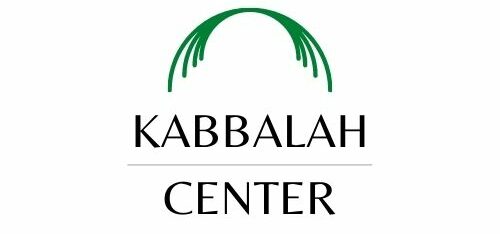Reform Judaism beliefs—sometimes known as Liberal or Progressive Judaism— had its beginnings in nineteenth-century Germany, where the Jews of the time coined the insightful phrase “German in the streets,Jewish in the home.” This reflected the Jewish people’s desire to take advantages of the new opportunities afforded by an open and liberal society.
Under the leadership of Rabbi Isaac Mayer Wise, Reform Judaism became the dominant belief held by American Jews. By 1880, over 90 percent of American synagogues were Reform.
Although this situation would change with the arrival of the first waves of Eastern European immigrants, who were predominantly Orthodox, today Reform Judaism is still the largest movement.
Some American congregations went beyond the German Reform movement’s alterations.
A number of congregations became almost indistinguishable from neighboring Protestant churches, singing hymns and, in some cases, even holding Shabbat services on Sunday! However, by the 1930s the Reform movement gradually returned to a more traditional approach.
The essential principles of Reform Judaism suggest that religion ought to be dynamic and that the essence of Judaism lies in its ethical teachings.
In contrast to Orthodox tenets, Reform Jews believe that while the Torah was divinely inspired, it was written by a number of individuals, and then revised and edited.
Therefore, while Reform Jews revere and retain most of the Torah’s values and ethics, each individual is free to follow those practices that are most likely to advance a meaningful and ethical life and enhance his or her relationship with God.
In recent years, Reform Judaism beliefs has experienced an increased movement toward spirituality and conventional ritual. In response, Reform has adopted a more traditional stance concerning certain practices.
For example, it allows, and even encourages, the wearing of kippot (yarmulkes or skullcaps) and tallit (ceremonial shawls men wear at religious services). Reform Judaism has also brought Hebrew back into its prayer books. And there hasn’t been a Shabbat service on a Sunday in decades.
Other claim that reform Judaism is a major Jewish denomination that emphasizes the evolving nature of the faith the superiority of its ethical aspects to the ceremonial ones and a belief in a continuous revelation not centered on the theophany at Mount Sinai.
A liberal strand of Judaism it is characterized by a lesser stress on ritual and personal observance regarding Jewish law is non-binding in the individual Jewish autonomous and openness to external influences and progressive values.
The origins of reformed Judaism lay in 19th century Germany, where its early principles were formulated by Rabbi Abraham Geiger and his associates.
Since the 1970s the movement adopted a policy of inclusiveness and acceptance inviting as many as possible to partake in its communities rather than strict theoretical clarity.
Its greatest center today is in North America the various regional branches sharing these beliefs including the American Union for Reform Judaism the movement for Reform Judaism and liberal Judaism in Britain and the Israel movement for reform and progressive Judaism are all united within the international world Union for progressive Judaism.


